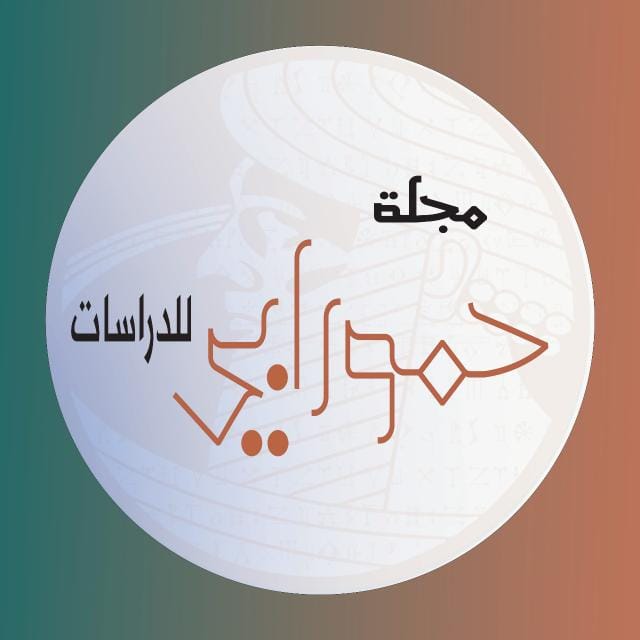Abstract
Abstract
Non-formal institutions cannot be separated from the broader political landscape, as they play a significant role in shaping the foundations of formal institutions, which emerge from the ideologies of political parties and civil society institutions. Turkey has a long history of political party formation and a high number of political parties. The establishment of political parties in Turkey dates back to the rule of İsmet İnönü, following his efforts to join the United Nations Charter. Subsequently, Adnan Menderes marked the beginning of a new era of political pluralism after the single-party rule established by Mustafa Kemal Atatürk, under the dominance of the Republican People's Party. Over time, numerous parties emerged, including right-wing and left-wing parties advocating for change, as well as Islamic and secular parties striving to uphold the secularist experience.
Non-formal institutions cannot be separated from the broader political landscape, as they play a significant role in shaping the foundations of formal institutions, which emerge from the ideologies of political parties and civil society institutions. Turkey has a long history of political party formation and a high number of political parties. The establishment of political parties in Turkey dates back to the rule of İsmet İnönü, following his efforts to join the United Nations Charter. Subsequently, Adnan Menderes marked the beginning of a new era of political pluralism after the single-party rule established by Mustafa Kemal Atatürk, under the dominance of the Republican People's Party. Over time, numerous parties emerged, including right-wing and left-wing parties advocating for change, as well as Islamic and secular parties striving to uphold the secularist experience.
Keywords
(Political parties
Civil Society Institutions
Democracy)
Abstract
لا يمكن فصل المؤسسات غير الرسمية كمؤثر كبير في واقع الحياة السياسية، لأنَّ لها الأثر الأهم في تشكيل نواة المؤسسات الرسمية التي تنبثق من أيديولوجيات الأحزاب السياسية ومؤسسات المجتمع المدني، ولتركيا تاريخ كبير في تكوين الأحزاب السياسية وكثرتها، ويرجع تكوين الأحزاب السياسية في تركيا إلى مدة حكم عصمت اينونو بعد توجهاته للانضمام إلى ميثاق الأمم المتحدة، وجاء بعده عدنان مندريس ليكون نوات الفترة الجديدة في توجهات التُعدّدية الحزبية، بعد مدة حكومة الحزب الواحد التي أرساها أتاتورك المتمثلة بسيطرة حزب الشعب الجمهوري، لينبثق بعدها أحزاب كثيرة منها أحزاب يمينية ومنها أحزاب يسارية تسعى للتغيير، ومنها الإسلامية ومنها العلمانية التي تسعى إلى ديمومة التجربة العلمانية.
Keywords
(الأحزاب السياسية، مؤسسات المجتمع المدني، الديمقراطية)
